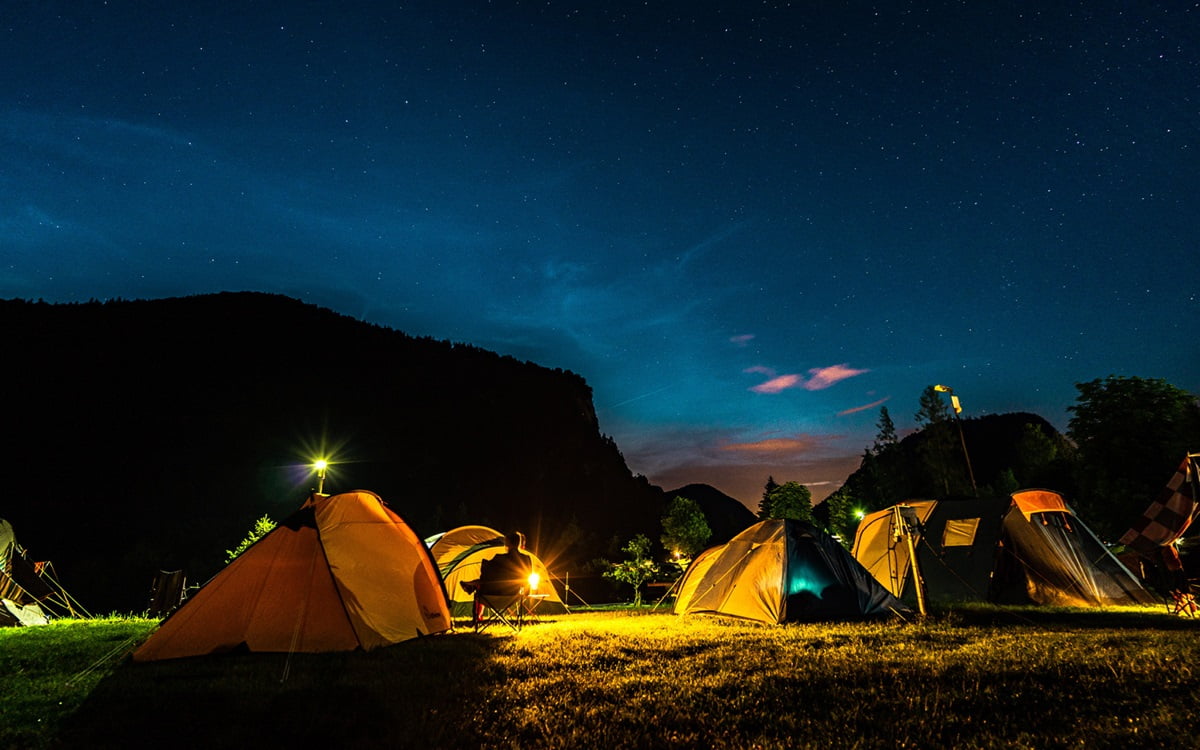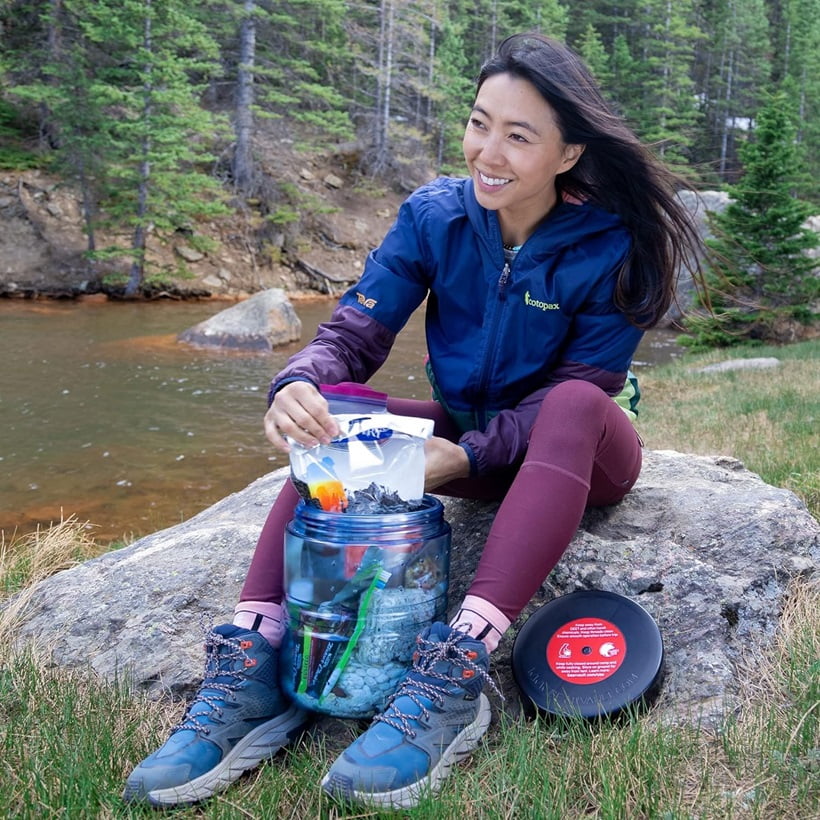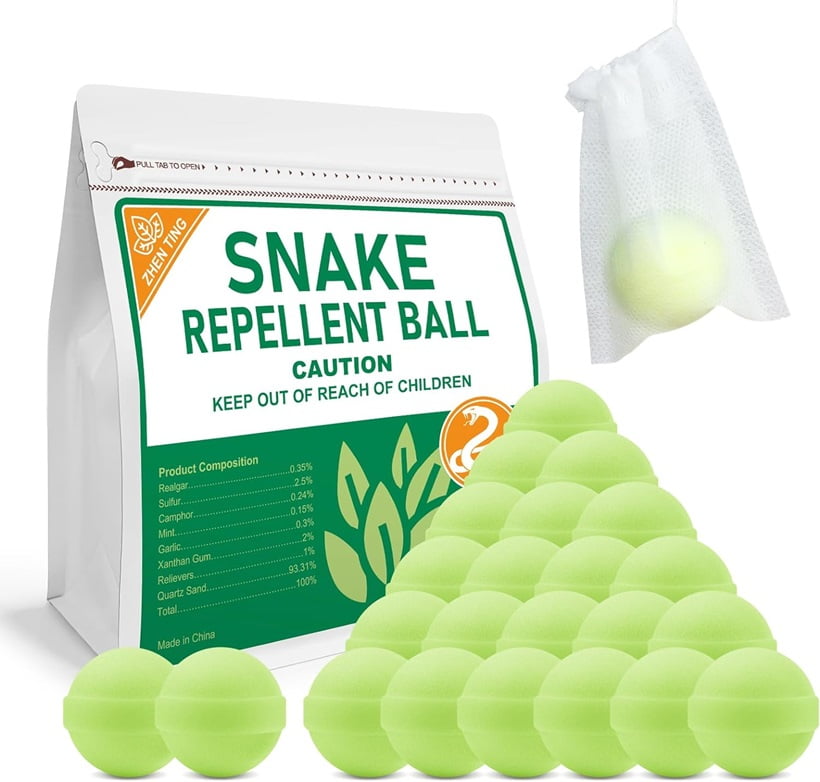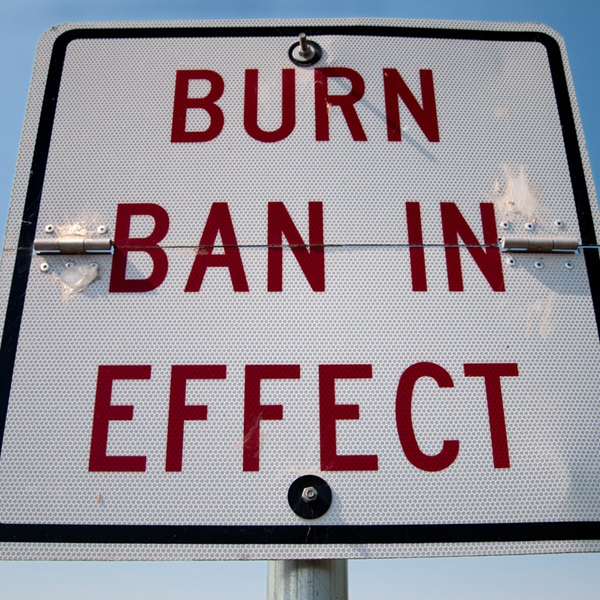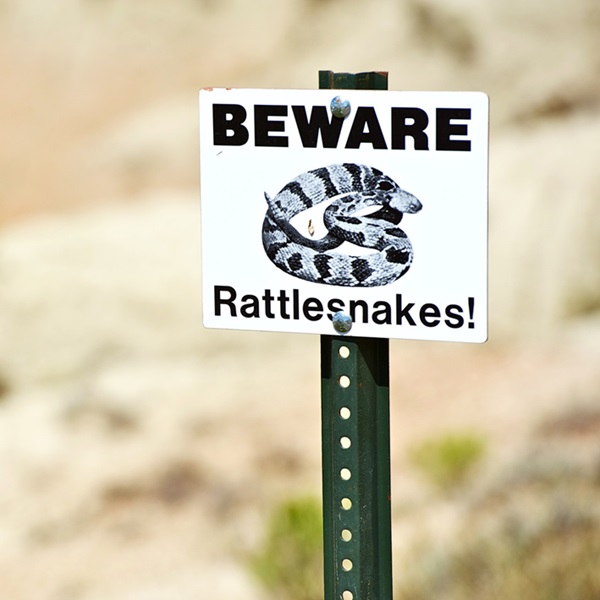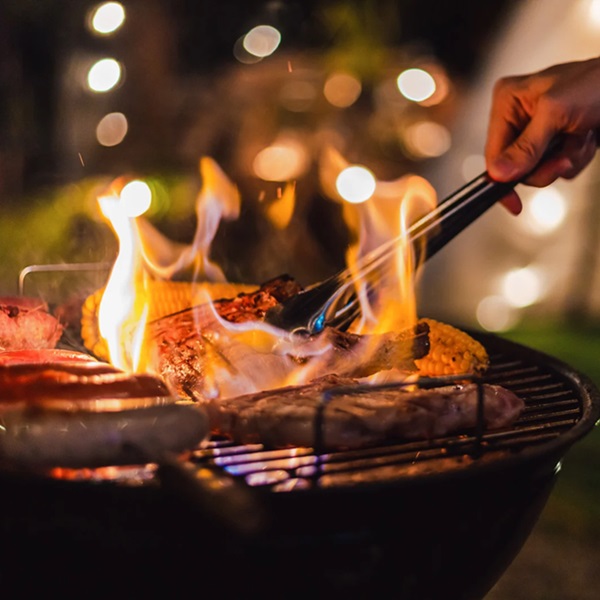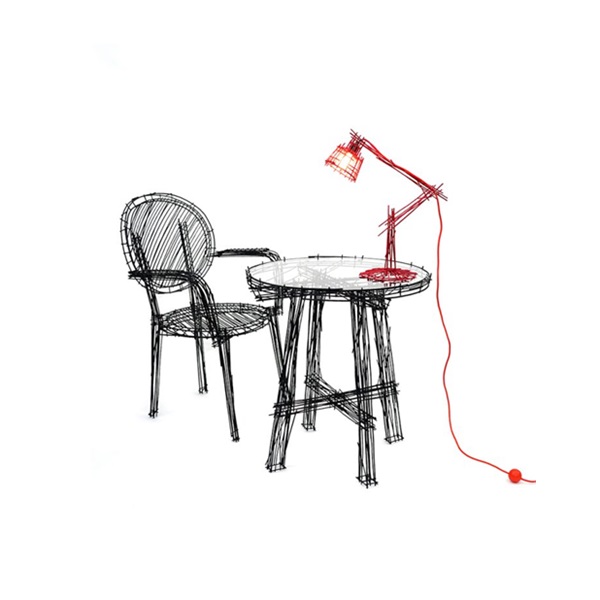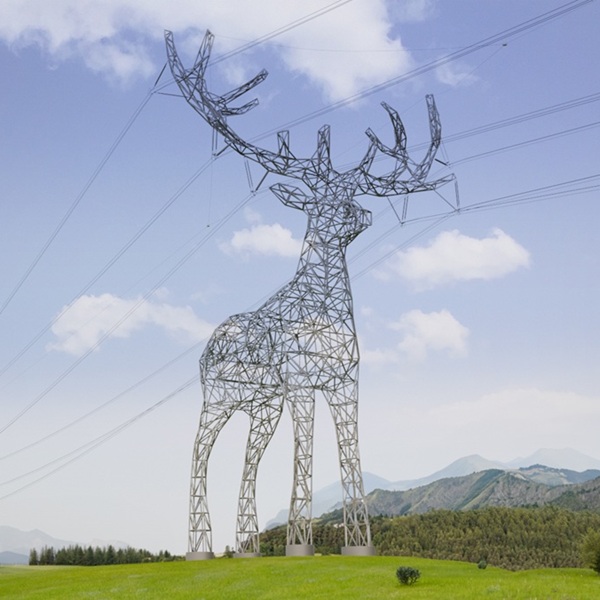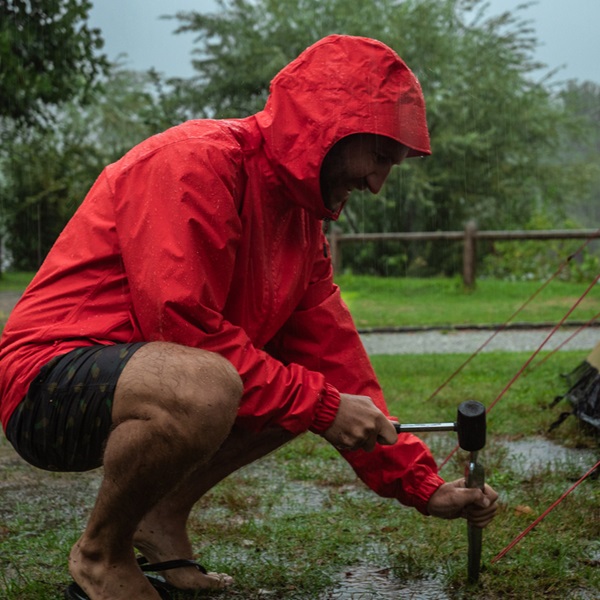
Camping is a wonderful way to connect with nature. But it also means sharing the wilderness with its inhabitants. Therefore, knowing how to keep wild animals away while camping is of utmost importance for a safe and enjoyable experience.
By taking simple yet effective precautions, you can minimize the risk of unwelcome animal encounters. There are steps like cleaning the campsite, storing food properly, using animal repellents, etc. If you follow these steps, you will enjoy the great outdoors without any unexpected guests.
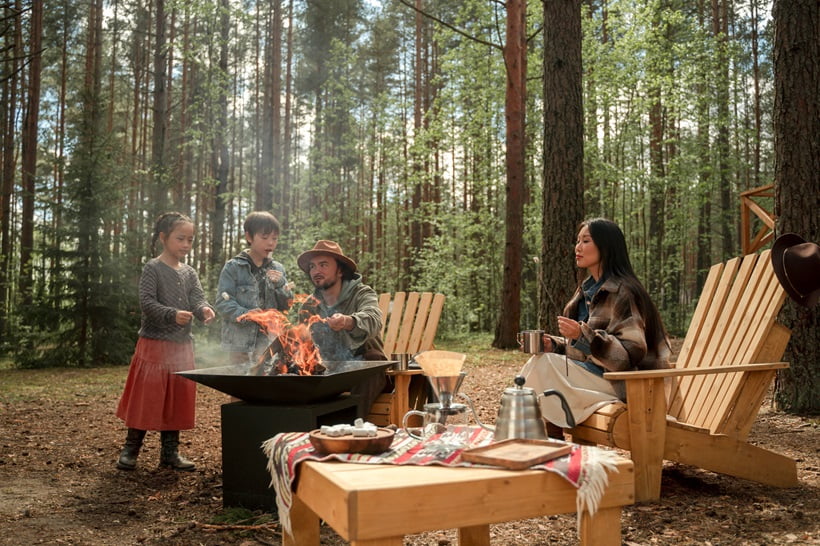
What Attracts Wildlife?
Knowing how to avoid wild animals while camping, you should understand what attracts wildlife. For example, food is the primary attractant for many animals. They are drawn by the smell of leftovers, snacks, or improperly stored provisions.
Secondly, scents from toiletries like toothpaste, soap, and even perfumes can also lure curious creates. In addition, brightly colored objects and garbage left out in the open can catch an animal’s eye.
By being aware of these attractants and managing them properly, you can reduce the chances of encountering wild animals during your camping trip.

Dangers of Attracting Wildlife
Attracting wildlife while camping can pose significant dangers to both campers and animals. Wild animals, such as bears, raccoons, and coyotes, may become aggressive if they associate humans with food. Moreover, this behavior endangers campers and causes injuries and sometimes fatal encounters.
Additionally, these animals that become too accustomed to human food sources can suffer health problems and may need to be relocated or euthanized. Camping and wild animals can coexist safely if you take proper precautions to avoid attracting wildlife.

How to Protect Yourself from Wild Animals While Camping
You need to protect yourself from wild animals when camping. While the idea of encountering wildlife might seem daunting, understanding how to be unafraid of wild animals while camping comes down to preparation and knowledge.
By implementing effective strategies, you can significantly reduce the likelihood of unwelcome wildlife interactions. If you follow our guidelines below, you will ensure your camping trip is safe and enjoyable.
Clean Your Campsite
In the aspect of protection from wild animals while camping, keeping the campsite clean is one of the essential steps. Food scraps, wrappers, and other debris can attract animals. Therefore, you should always dispose of your trash properly.
After meals, you should thoroughly clean all cooking utensils and surfaces to remove food residues. In addition, try not to leave any food overnight. You should also avoid cooking or eating inside your tent to prevent lingering scents from drawing animals close.
Lastly, you should regularly check your campsite for any overlooked food or trash.
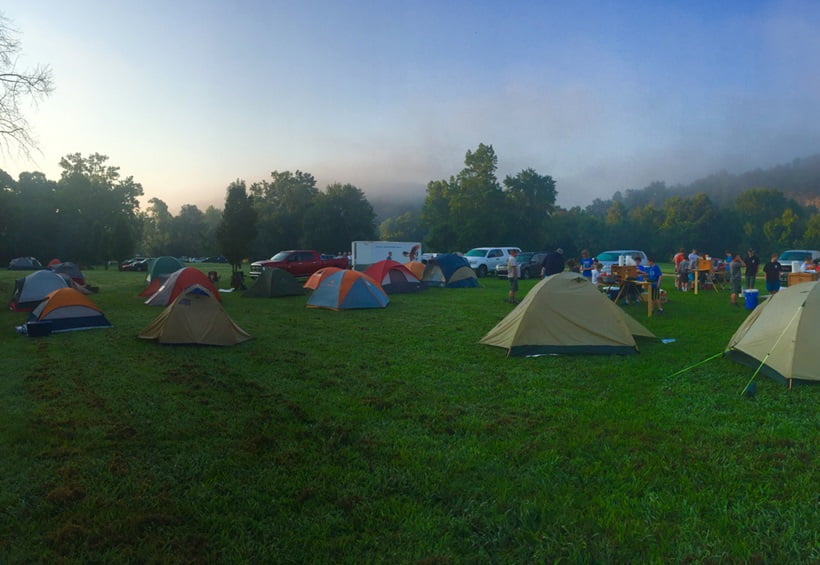
Learn about How to Store Food
Proper food storage is key to keeping wild animals away. You can use bear-proof containers or hang your food from a tree at least 12 feet off the ground and 6 feet away from the trunk.
If you are car camping, you can store your food in your vehicle’s trunk or a designated food locker. You should also note that you should avoid bringing strong-smelling foods. If you have such foods, you should double-bag these foods.
Choose the Safest Campsite
If you would like to know about how to keep wild animals away while camping, you should first check the safest campsite options. There are many different camping forums on the internet. If you look for more accurate information, you can ask other campers about the safest campsites that are away from animal trails, water sources, and dense vegetation where wildlife is more likely to roam.
Additionally, you can look for established campsites that are generally safer and less frequented by animals. After choosing the most suitable campsite for you, you should choose the spot where you will set up your tent. You should try to be sure that you set up your tent in a flat, open area with good visibility.
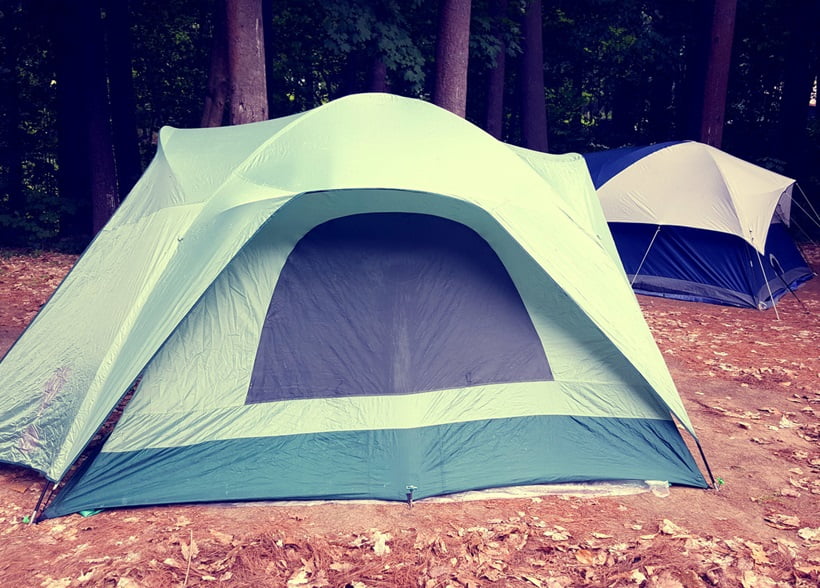
Keep Your Trash Safe
Maintaining protection from wild animals while camping is challenging. To minimize those challenges, you should also create a proper trash management system during your trip. For example, you can use bear-proof trash cans or keep them securely closed. In addition, you should never leave trash bags outside overnight or unattended.
If you cannot find bear-proof containers, then you can hang your trash just like you would with food. In addition, carry your waste when leaving the campsite to be sure that you leave no trace behind and save the planet!
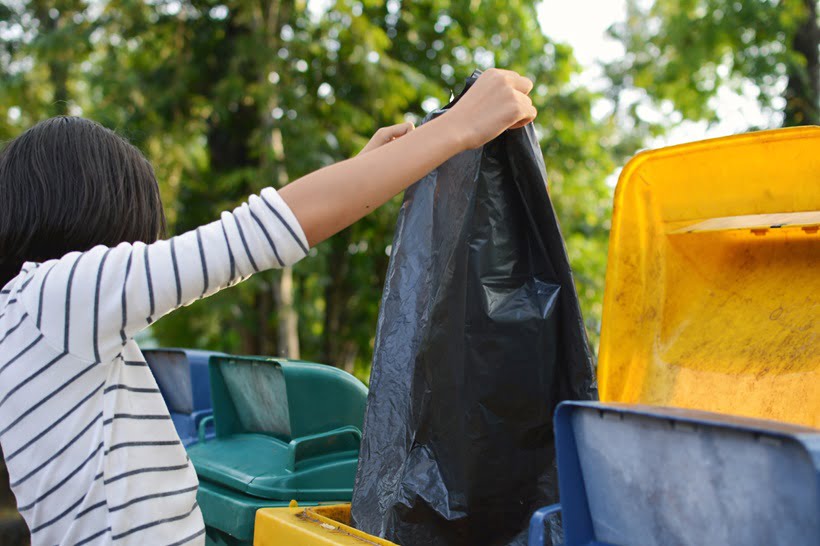
Use Animal Repellents
There are different animal repellents that you can utilize for different animal species.
For Rodents
To deter rodents, you can spread peppermint oil or place cotton balls soaked in it around your tent and food storage areas. Because rodents dislike the strong scent. So, you can take advantage of their dislike. Additionally, you can set up traps such as electronic rodent repellents.
For Racoons
Raccoons are notorious for raiding campsites in search of food. To keep them at bay, store all food and trash in raccoon-proof containers or hang them out of reach. A homemade deterrent can be made by mixing water with hot sauce or vinegar and spraying it around your campsite, particularly near food storage areas.
For Snakes
To deter snakes from your campsite, you can start by choosing a clear, open area away from tall grass, rocks, and wood piles where snakes like to hide. You can also sprinkle sulfur powder or lay out ropes around your campsite’s perimeter, as snakes are deterred by these barriers. In addition, keep your tent zipped up and avoid leaving clothing or gear on the ground where snakes might crawl inside.
For Bears
To protect yourself from bears while camping, you should store all food, trash, and scented items such as toiletries in bear-proof containers or hang them high in a tree.
Moreover, you should set up your cooking area at least 100 yards away from your sleeping area and avoid cooking strong-smelling foods.
You can also use natural repellents like ammonia-soaked rags or vinegar around your campsite. Additionally, you can make noise while hiking or moving around to avoid surprising a bear.

